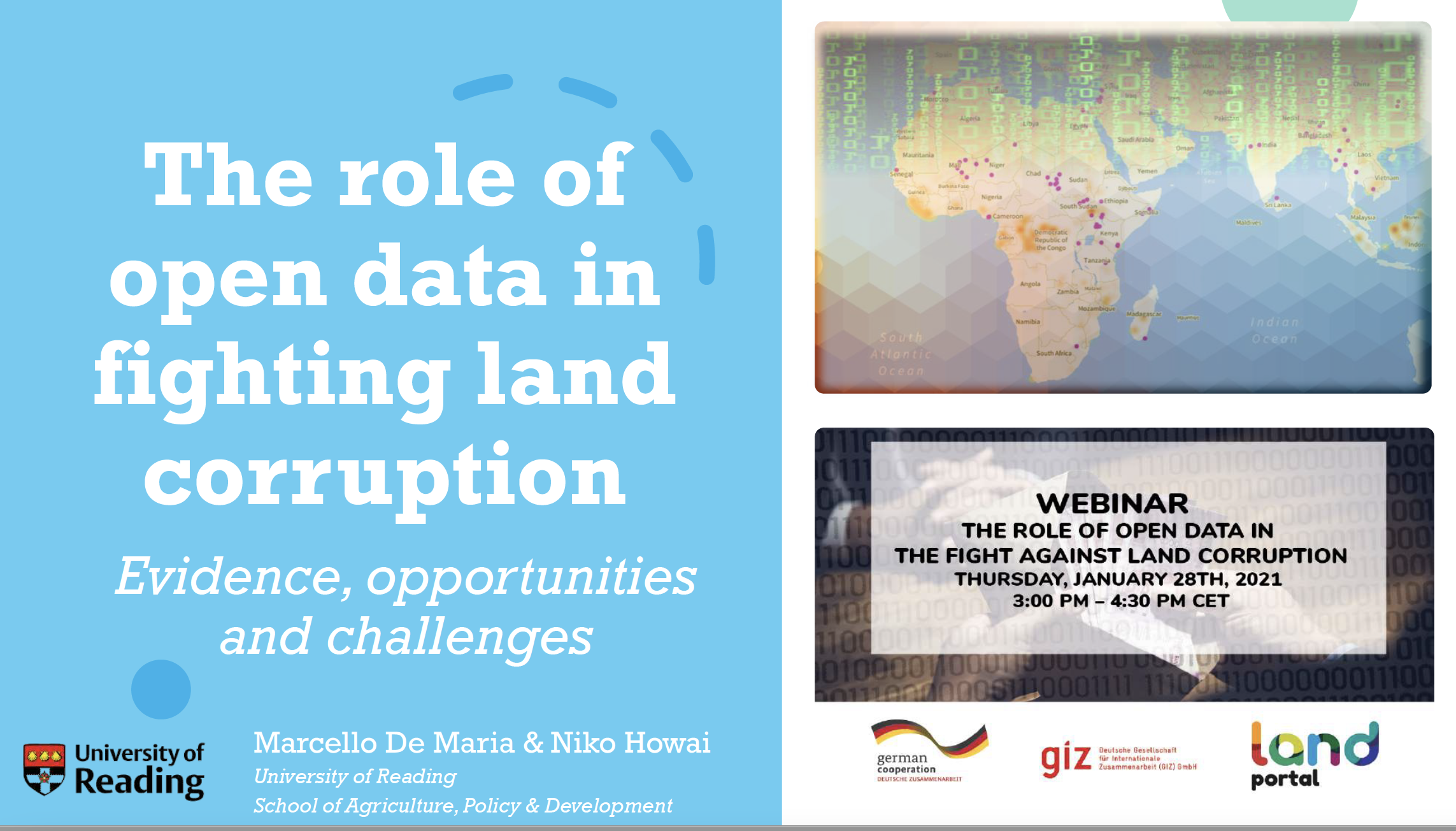The Voluntary Guidelines on the Responsible Governance of Tenure (VGGT) - Popular version for communal land administration
The VGGT Popular Version for Communal Land Administration was developed to support the Parliament of Namibia in delivering training to traditional authorities and regional institutions to enhance their capacity to administer communal land within their jurisdictions. This was carried out in line with the Communal Land Reform Act, Act 5 of 2002 and the resolutions of the 2nd National Land Conference. The Popular Version outlines 14 pertinent land governance issues in Namibia’s communal areas.












